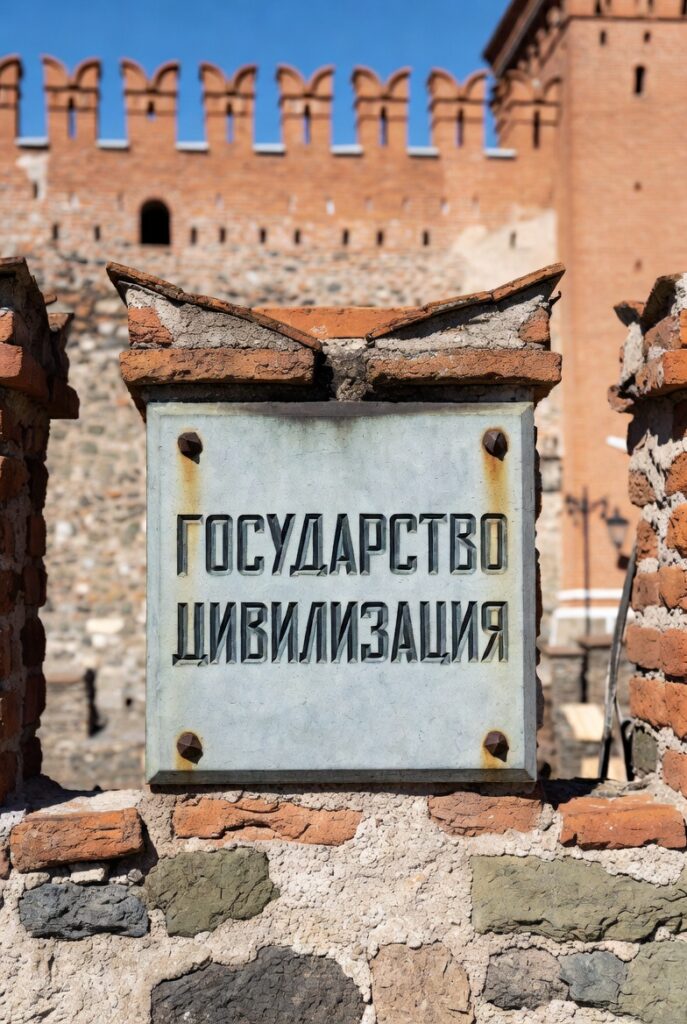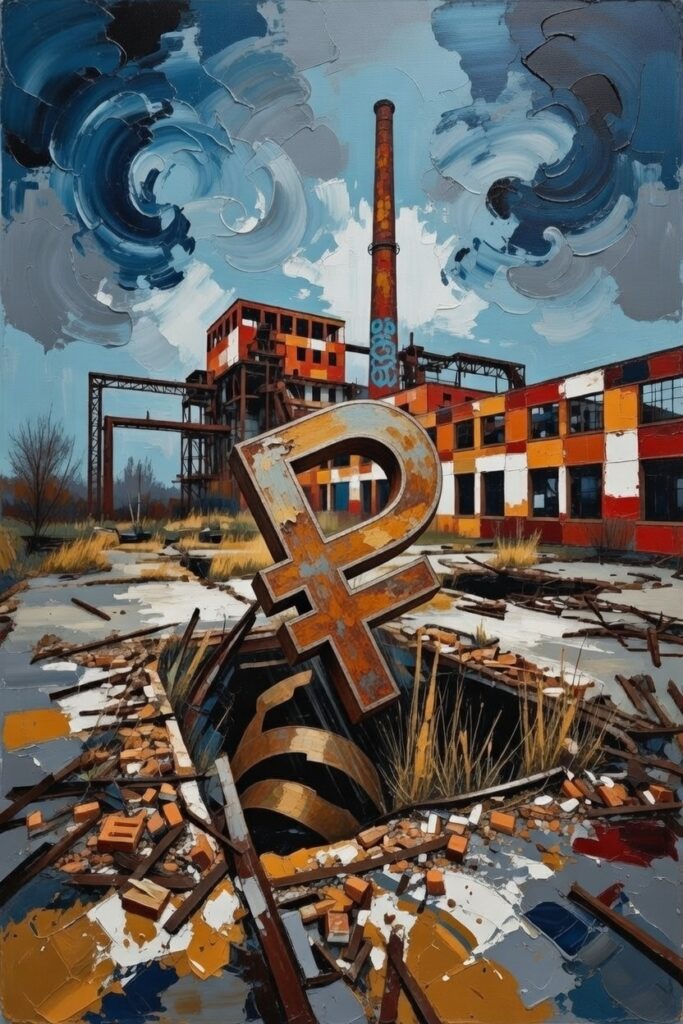Foreign Minister Sergei Lavrov was conspicuously absent from Vladimir Putin’s meeting with Kazakh President Kassym-Jomart Tokayev on November 12th. It also emerged that Lavrov won’t lead Russia’s delegation to the G20 summit—a role he held in 2023 and 2024. He skipped the Security Council session too, where Putin mulled the potential resumption of nuclear tests.
These no-shows have fueled whispers of Lavrov’s fall from grace. Media reports have even claimed the Russian president is irked with his top diplomat for derailing talks with Donald Trump in Budapest. According to sources, Lavrov had a tough exchange with U.S. Secretary of State Marco Rubio, laying out terms that clashed not just with Putin’s stance but also with the understandings reached between Trump’s aide Stephen Witkoff and RDIF head Kirill Dmitriev.
This version of events—Lavrov freelancing and sabotaging the boss—feels like the least plausible explanation, even if it’s the one Western audiences might swallow with a knowing nod. In Europe or the U.S., foreign ministers can carve out their own lanes, voices that sometimes diverge from the head of state’s script or the broader bureaucratic consensus. In Russia, though, the security hawks and top officials are expected to echo Putin’s line without a whisper of dissent. Just look at that pre-war Security Council meeting where Putin invited opinions on the Ukraine buildup: Nikolai Patrushev, then-secretary of the Council, pushed for more talks, with SVR chief Sergei Naryshkin chiming in awkwardly. Putin publicly dressed down Naryshkin, then ignored both him and Patrushev—not to mention deputy chief of staff Dmitry Kozak.
Lavrov’s gig in Russia’s power structure isn’t built for independent takes anyway; he’s a mouthpiece for the official—read: Putin—narrative. It’s hard to buy that he’d wing it with Rubio without syncing up first. That said, Lavrov could still be in hot water, perhaps for failing to charm the American and seal the deal, paving the way for truly draconian U.S. sanctions. His resignation isn’t off the table either: rumors have swirled for ages that the 75-year-old wants out, citing health and fatigue.
The Kremlin, meanwhile, might even welcome this gossip mill tales of Lavrov mangling Putin’s message to the Americans. It could nudge Trump toward fresh talks, pinning the last round’s flop on a communication glitch courtesy of the minister. It’s a crude ploy, one the U.S. side would see coming a mile away—but Putin has gambled big before, jetting off to Anchorage without a clear pitch or concessions Trump could grasp. So, we can’t rule out this clunky bit of Kremlin theater just yet.
«Leader» Without Detachment from the Collective
Sergei Kiriyenko, the Kremlin’s political czar, has decreed that one of its flagship contests—”Leaders of Russia”—will now pit «collectives» against one another, not lone wolves. «The world is so complex that almost no challenge can be tackled solo; it takes a team. Collective effort is baked into Russia’s traditional values,» Kiriyenko explained, crediting the rule tweak to Vladimir Putin himself. Previously, applicants were managers under 55 with at least two years’ experience. Now, those same executives must rustle up a «team» of at least five.
«If you’re a leader and can’t muster a squad of five, that raises questions about your core leadership chops,» Kiriyenko quipped, defending the shift.
Since the full-scale war kicked off, Kiriyenko has had to pivot his corporatist playbook toward a patriotic-conservative vibe. He used to peddle the image of apolitical yet hungry technocrats. Just entering these state-run contests screamed loyalty, blending Komsomol-style recruitment drives (Kiriyenko rocketed up the Young Communist League ranks in his youth) with corporate team-building: competition laced with training.
Launched in 2017, «Leaders of Russia» stuck to its script through the war years. Kiriyenko’s crew, sensing Putin’s obsession with all things military, spun off a separate track—”Time of Heroes”—for Ukraine invasion vets. The main event stayed a technocratic haven.
But as time drags on, Putin is doubling down on quasi-ideological obsessions: «traditional values,» a «multipolar world,» molding youth in a traditionalist-conservative mold. Kiriyenko’s outfit, eager to stay in the president’s good books, is falling in line.
One of Kiriyenko’s old Rosatom sidekicks, pollster-turned-strategist Andrey Polosin, has been steering the ideologically charged curriculum—”Fundamentals of Russian Statehood”—now mandatory for all first-year university students. Another insider, Alexander Kharichev, who runs the Kremlin’s social monitoring unit, churns out manifesto-style op-eds hammering home the same beat: Russians are self-sacrificing, undervaluing their own lives in service to the state; collectivism trumps individualism every time.
In his latest screed, «Who Are We?», Kharichev pitches grooming the «human of the future”—tuned to execute state missions. These pieces aren’t for the masses; they’re love letters to Putin. And judging by Kiriyenko’s announcement that the president greenlit a collectivist overhaul of the top personnel contest, Kharichev’s memos are landing.
«Leaders of Russia» was always a bit of a gimmick as a fast-track to power. Kiriyenko boasts that five winners snagged governorships and seven landed deputy minister slots. But none of these folks were randoms—they were already climbing the ladder, often plugged into heavyweight networks. The contest was just a résumé booster.
For young, regime-friendly climbers, it was a foot in the door to the bureaucratic pyramid or a state corporation (not always at the top), then a solo grind for bigger prizes. Now, the individualists are sidelined: state firms and agencies can field ready-made teams (rules allow it), but self-assembled squads from outsiders? Good luck. Anyone who can corral five managers probably thrives in business already, no contest required. Plus, what outfit hires a whole posse of mid-level execs en masse?
Sure, Kiriyenko’s team can stage a few token wins, but scaling this «team» model? Dead on arrival. It guts the contest’s purpose, yet it strokes Putin’s fancy—he’s bought into this mythical «new collectivism.» Ironically, it’ll suit Kiriyenko too, as he reshapes the managerial ecosystem on his terms: state giants and big business can trot out squads, get them steeped in his bloc’s indoctrination, and hand him a ready-made web of loyalists to deploy if the winds shift.
Siloviki Sidelined from the «External Track»
Kiriyenko’s squad has clung to full control of the strategic partnerships department. It’s now helmed by Vadim Titov, a Rosatom alumni who cut his teeth under Kiriyenko, building out the corporation’s global arm. Back in the day, the «external track» in the presidential administration was a playground for security service vets and enforcers. You might’ve figured the siloviki would snag deputy slots under Titov to keep tabs on Kiriyenko’s «civilian» pick. Nope: the key roles go to civilians from political department —Aleksey Kleshchev from the public projects unit, Andrey Klyuzov from social monitoring, and Boris Chernyshev from foreign policy ops.
This bold staffing coup is a tactical coup for Kiriyenko, but strategically? It could boomerang on him and his crew. The security barons won’t take kindly to losing a turf they saw as theirs—and getting frozen out of even oversight gigs. Retaliation feels likely, especially since their sway over Putin rivals Kiriyenko’s.










